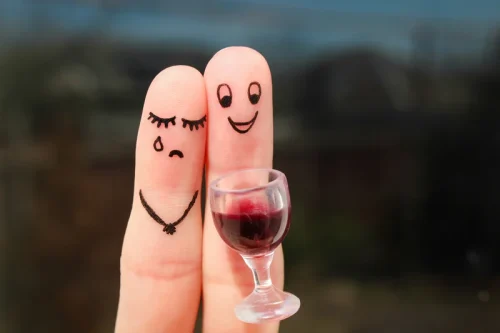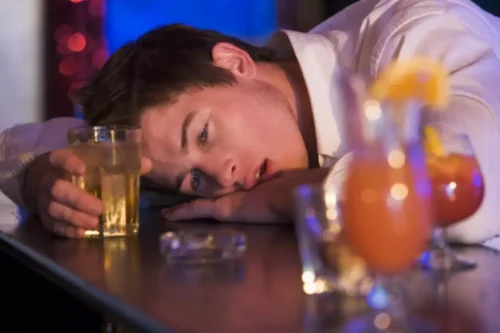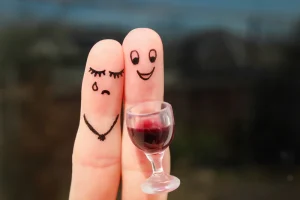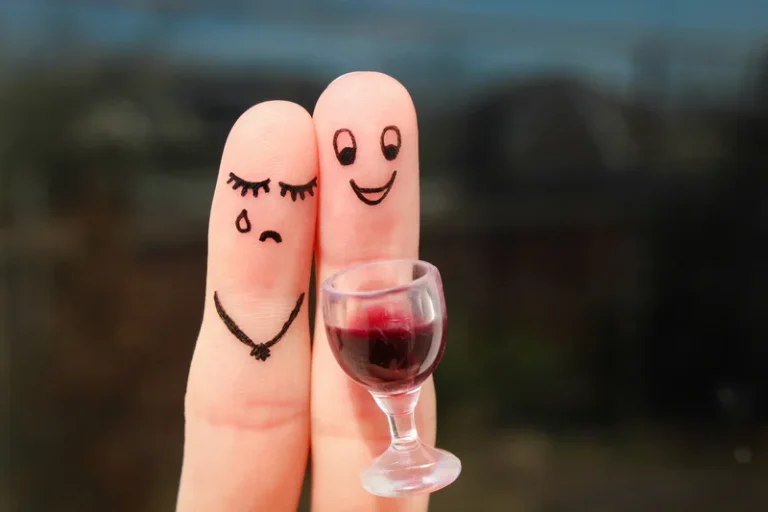How To Taper Off Alcohol Safety Tips & Strategies

Symptoms are most severe around day 34, and the total process can last for 2 to 10 days. If you or someone you know needs help detoxing from alcohol, The Recovery Village Ridgefield Drug and Alcohol Rehab is here for you. Contact us today to speak with a representative and begin on the road to lasting addiction recovery. While the safest how to taper off alcohol way to taper is with professional help in a detox facility, this may not be an option for everyone. A person may need to detox at home for many reasons, including cost or time.
- The study also suggested future research directions to handle certain limitations.
- However, there are risks to this method, and someone stopping alcohol should receive medical monitoring and care if they are likely to experience moderate to severe withdrawal symptoms.
- Although with this method, it is important that the friend or family member is accessible when symptoms of withdrawals such as tremors return.
- Replacing alcoholic beverages with non-alcohol drinks is a great method of helping during a taper.
Join a Support Group
We publish material that is researched, cited, edited and reviewed by licensed medical professionals. The information we provide is not intended to be a substitute for professional medical advice, diagnosis or treatment. It should not be used in place of the advice of your physician or other qualified healthcare providers.
- For example, if you normally drink 6 glasses of wine each night, you can try reducing that to 5 glasses of wine a night.
- Most of these symptoms occur after approximately half a day without drinking alcohol.
- ‚ Understand its principles, effectiveness, and journey to lasting sobriety.
- In most cases, the longer you take to wean off the effects of alcohol, the less severe your withdrawal symptoms should be.
- Once a person has an accurate understanding of the number of drinks they regularly drink, the next step is implementing a small reduction.
What to Expect When You Reduce Your Alcohol Consumption
This method works best with gradual reduction, as alcohol withdrawal symptoms can start within 12–24 hours after stopping drinking. Generally, alcohol-free days are better towards the end of a gradual reduction, not towards the beginning. Those who find that they cannot taper off the number of drinks for any significant length of time have likely developed alcohol use disorder, a condition commonly known as alcoholism. For others, simply cutting back the number of drinks can bring on alcohol withdrawal symptoms, making it more difficult to stop. Alcohol withdrawal is a cluster of symptoms that can occur when you stop drinking or significantly reduce your alcohol intake abruptly.
Contact Professional Help

Seek credible sources like government health agencies, scientific journals, and healthcare professionals to understand alcohol’s risks comprehensively. However, tapering can be dangerous if you have severe AUD, leading to uncomfortable withdrawal symptoms. If you start drug addiction treatment noticing these symptoms, contact a medical professional immediately.

Can You Taper Off Alcohol Safely At Home?

It’s always https://ecosoberhouse.com/ best to speak with a healthcare provider when changing your relationship with alcohol. Every person has unique needs, and tapering off may not be an adequate solution to reduce or stop drinking. Only people who are tapering down from very large quantities of alcohol such as a liter of vodka per day will need to start drinking in the morning in order to taper. If you are tapering from smaller quantities and feel no withdrawal symptoms until afternoon or evening then you can wait until then to consume your taper beers. Remember that you are not drinking for pleasure–you are drinking medicine–so only drink what is needed.

Seeking help as early as possible during the withdrawal process is the best way to stay safe as you cleanse your body of alcohol. If you suddenly quit drinking, your body can struggle to catch up. Because alcohol is a central nervous system depressant, quitting drinking can cause your body to have too much of an excitatory substance called glutamate as it tries to rebalance. This can trigger alcohol withdrawal symptoms, which can be dangerous in some cases. Quitting cold turkey is the preferred method of withdrawal, but only if done under medical supervision, where symptoms can be treated as they occur.
- Cognitive Behavioral Therapy (CBT) modifies negative thought patterns related to drinking and equips individuals with coping strategies.
- Because alcohol is a central nervous system depressant, quitting drinking can cause your body to have too much of an excitatory substance called glutamate as it tries to rebalance.
- A medical professional can help you determine if a fast or slow taper, or quitting altogether, is appropriate based on a thorough medical assessment and evaluation of your withdrawal risk.
- Diseases like pneumonia and tuberculosis are more frequent in individuals who chronically drink.
- If your pulse exceeds 100, your blood pressure goes very high, or you have irregular heart beat then this means that you are tapering too fast and you need more beer.
The Long-Term Effects of Alcohol
Writing down your problems is an important step in quitting alcohol as it allows you to confront the underlying issues that drive alcohol use. By identifying personal challenges, such as stress, trauma, or relationship difficulties, you gain insight into the root causes of your addiction. This process assists you to develop strategies for managing these problems without resorting to alcohol. Alcohol addiction manifests as a compulsive need to drink despite harmful consequences.
Withdrawal and Safety When Tapering Off Alcohol
The key is to find a method that aligns with your goals and ensures safety during the transition. When you drink heavily and frequently, your brain compensates for the suppressive effects of alcohol by becoming more hyperactive. This balances out the effects of alcohol and makes your brain function more as it should while you have alcohol in your bloodstream. Ark Behavioral Health offers 100% confidential substance abuse assessment and treatment placement tailored to your individual needs.
- Other ways to taper off alcohol, other than reduce the number of drinks you have, is to drink water or soda in between alcoholic beverages.
- Weaning off alcohol gives your body chemistry a chance to adjust, reducing the shock to your system.
- Plus, it’s not like I made the greatest choices when I did drink.
- After finishing a drink, take a 20-minute break before having another.
Taper Off Alcohol Safely: A Step-by-Step Guide
Explore the new study on daily adolescent substance use and its impact on mental health and prevention strategies. Unveil the far-reaching consequences of drug abuse, from health effects to social and legal implications. Explore marijuana and its psychological impact, from brain function to mental health risks. Explore ways to combat substance abuse in college students, from prevention to effective intervention methods. Discover why inpatient treatment is important for recovery, offering structured support, therapy, and aftercare.

